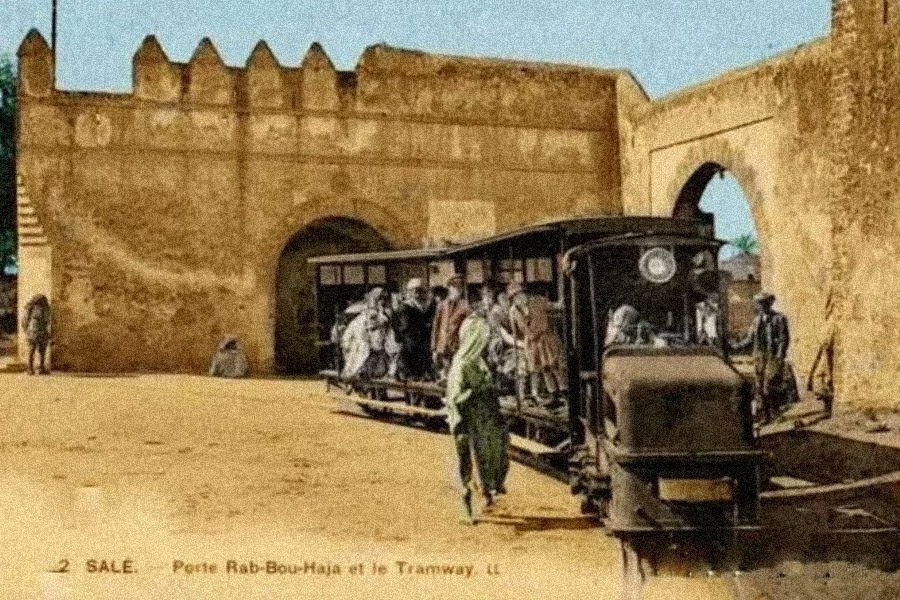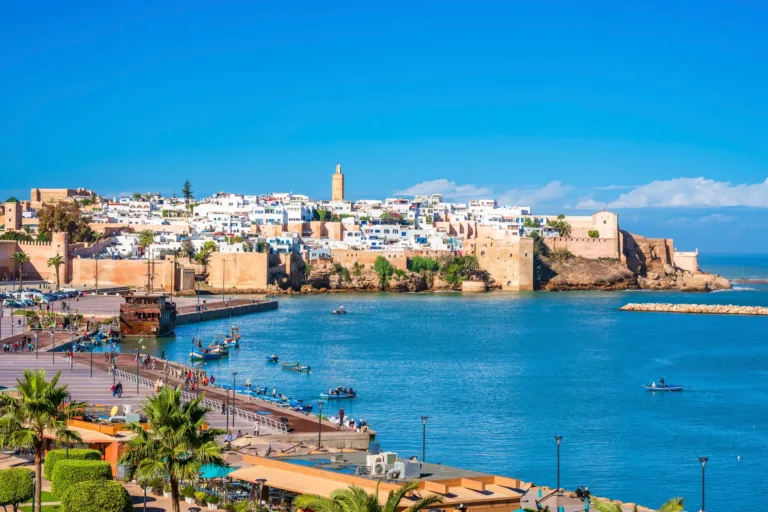Powerful fleets, secret deals, and an empire lost to time.
Fez – The Republic of Salé, once a powerful force in Morocco, saw its downfall in the 17th century after a series of complex political and military maneuverings.
The initial agreement that sparked the Republic’s downfall revolved around a promise from Philip VI of Spain: In exchange for the Republic’s submission, Spain agreed to allow the return of the Saleans to their original home in Houarnashos and to ensure they would be free from the Inquisition’s punishments.
Additionally, Spain was set to receive 68 cannons from Salé. Things didn’t go as planned, however.
Instead of an alliance with Spain, the leaders in Salé reached a more localized agreement to divide positions within the council.
While this seemed like a clever way to secure power, it ultimately weakened the Republic, leaving it divided and vulnerable.
One of the central figures in the Republic’s history was the newly elected leader, El Ayachi, a man from the Bani Hilal tribe who had migrated westward.
El Ayachi’s reign was marked by fierce battles against the Delaiyyi, a group that sought to extend their control over Salé.
El Ayachi was defeated in 1641, and the Delaiyyi seized control of the region. This defeat set the stage for the Republic’s decline.
Read also: The Real Aicha Kandicha: Legend, Heroine, or Myth?
In 1660, the Houarnashians led an uprising, placing Gilaan Reis in charge of the Republic. But their rebellion could not withstand the growing power of Sultan Moulay Rashid, who successfully unified Morocco in 1668.
With the unification of the kingdom under the Alaouite dynasty, the Republic of Salé came to a definitive and permanent end.
At its peak, the Republic boasted a formidable fleet of ships equipped with both sails and oars, making them highly maneuverable in naval combat.
Despite their impressive military presence, the Republic’s power began to wane due to internal strife and external pressures.
Interestingly, European powers such as France, the Netherlands, and England found themselves forced to engage diplomatically with the Republic of Salé, especially after they failed to breach the Bouregreg River.
The Republic had become a strategic player in the region, not only for its military capabilities but also for its role in securing the release of captured Europeans and ensuring the continuation of free trade in the Mediterranean.
Ultimately, the Republic of Salé’s story is one of shifting alliances, internal divisions, and the rise and fall of a once-dominant force in North Africa.
















